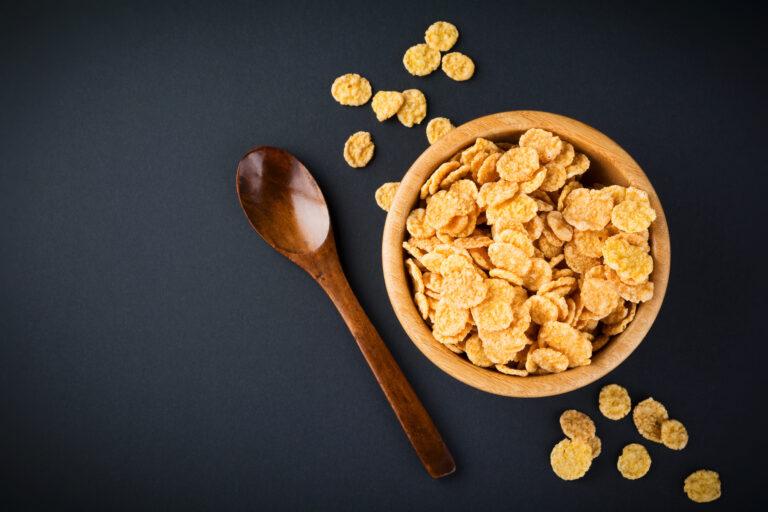However, they are promoted on the market with the slogans sustainability, recycling and naturalness. Their labels often include the terms "biodegradable", "organic", "natural" and in some cases "100% bamboo", which are not true claims about the products, mislead the consumer and therefore do not comply with the requirements of Regulation 1935/2004/EC.
The health risk does not arise specifically from the use of bamboo, but if it is of inappropriate quality, e.g. if it contains contaminants or if its use leads to the formation of substances that are harmful to health - this is the case when bamboo melamine is used. Indeed, in the case of bamboo melamine products, high temperatures or microwave use will result in the presence of melamine and/or formaldehyde in the food above the limit values after only a few uses.
In recent years, there have been several RASFF notifications and product recalls concerning bamboo-melamine food contact materials (FCMs) in Hungary due to melamine or formaldehyde migration, which have been found at levels above the limit values in e.g. foods contacting these materials. Examples include the recall of bamboo bowls for children and bamboo cutlery due to melamine migration.
However, the problem is not unique, and with the focus on sustainability and environmental protection, exposure is expected to increase.
According to the BfR's risk assessment, 25% of bamboo products tested had formaldehyde migration levels 30 times above the tolerable daily intake (TDI) for adults and 120 times for children. The BfR study found that the tolerable intake of melamine in infants with frequent use is also of concern, up to three times the TDI.
Legislation
Legal regulation exists for additives in plastic FCMs (Regulation (EC) 1935/2004), however, while it clearly applies to wood flour and wood fibres, it does not specifically apply to bamboo, which belongs to the periwinkle (Poaceae) family. The Commission has requested a new risk assessment from EFSA to clarify the situation. According to the updated risk assessment (FCM No 96), bamboo is not covered by it and consequently is considered as an unauthorised additive.
The European Commission’s Expert Working Group on FCMs has declared that bamboo-containing plastic food contact materials are not authorized in the European Union.
The business operator is responsible for ensuring the safety of his product. If, for example, the product is suitable for storing hot food (soup, tea), it must not have a harmful effect on the food when performing this function (Regulation (EU) 10/2011). As manufacturers and distributors are often unaware of the plastic content of bamboo kitchen products and the unauthorised use of bamboo as a plastic additive, their products fail to comply with the relevant legislation, leading to risky products being placed on the market.
Further references:
https://ec.europa.eu/food/sites/food/files/safety/docs/cs_fcm_bamboo_wg-201906.pdf
https://www.foodpackagingforum.org/news/discussion-on-fcms-containing-bamboo
https://www.iamexpat.de/lifestyle/lifestyle-news/stay-away-bamboo-coffee-cups-german-consumer-group-warns

